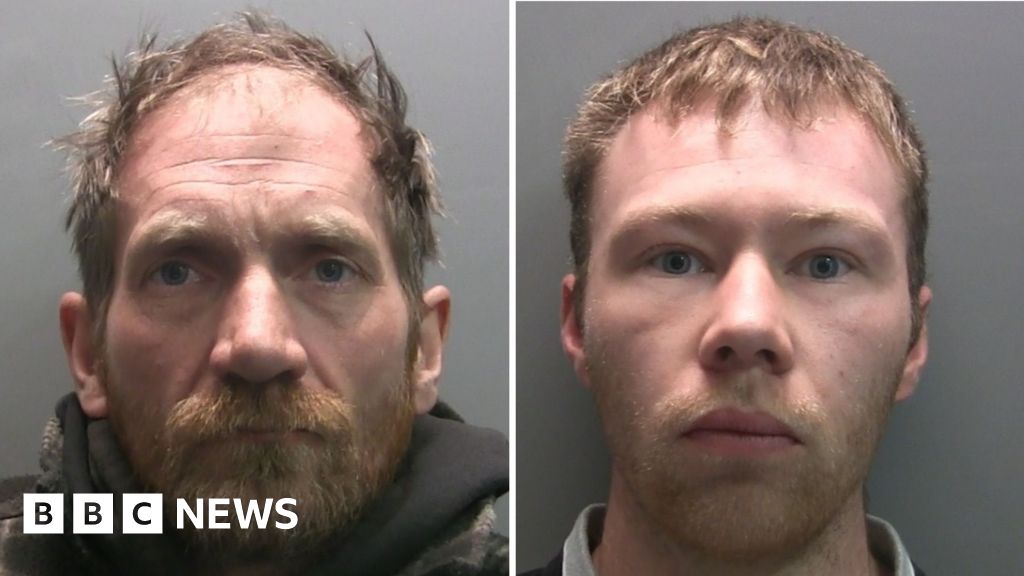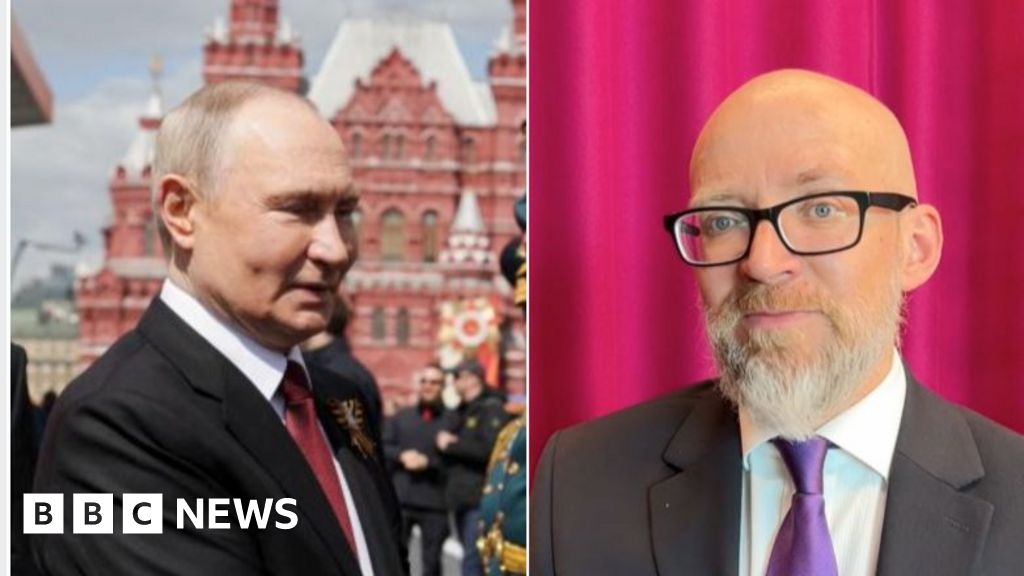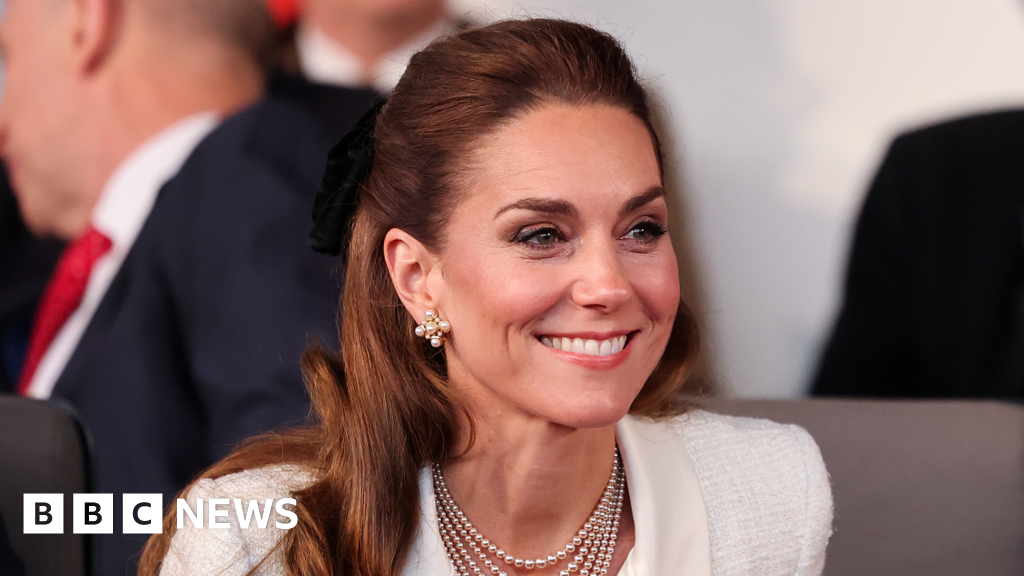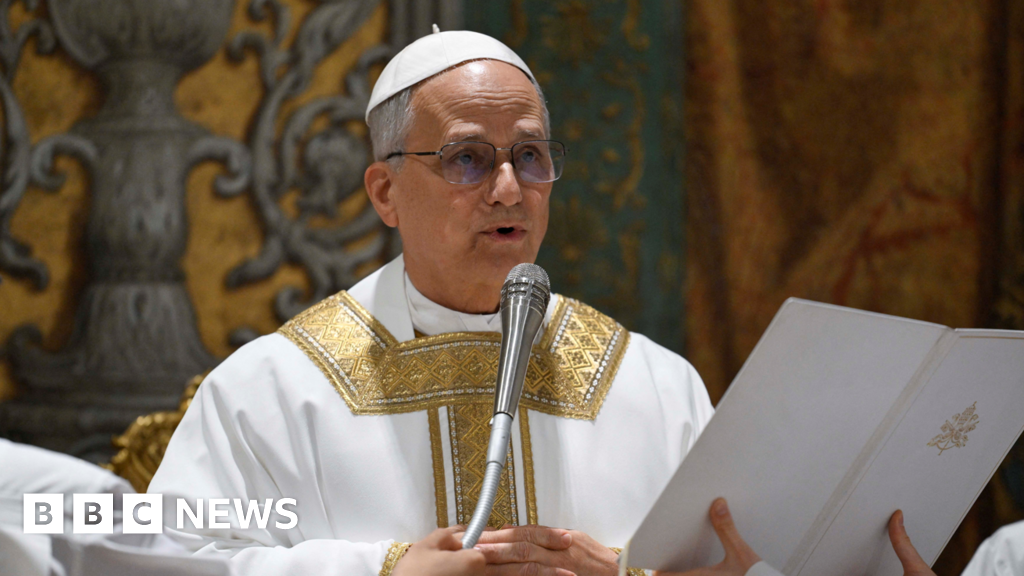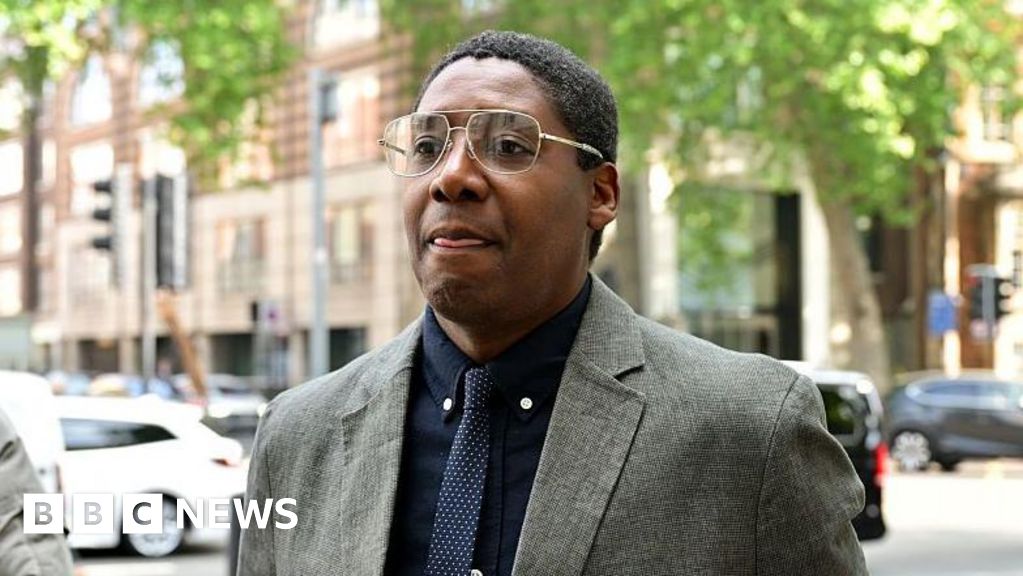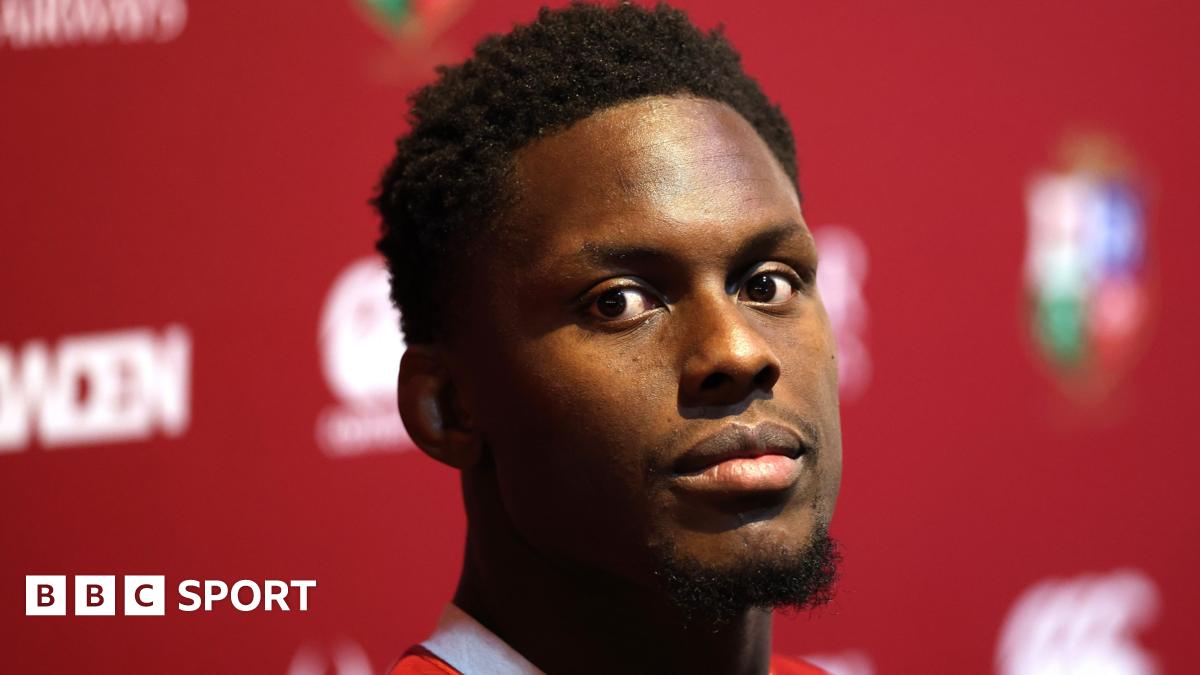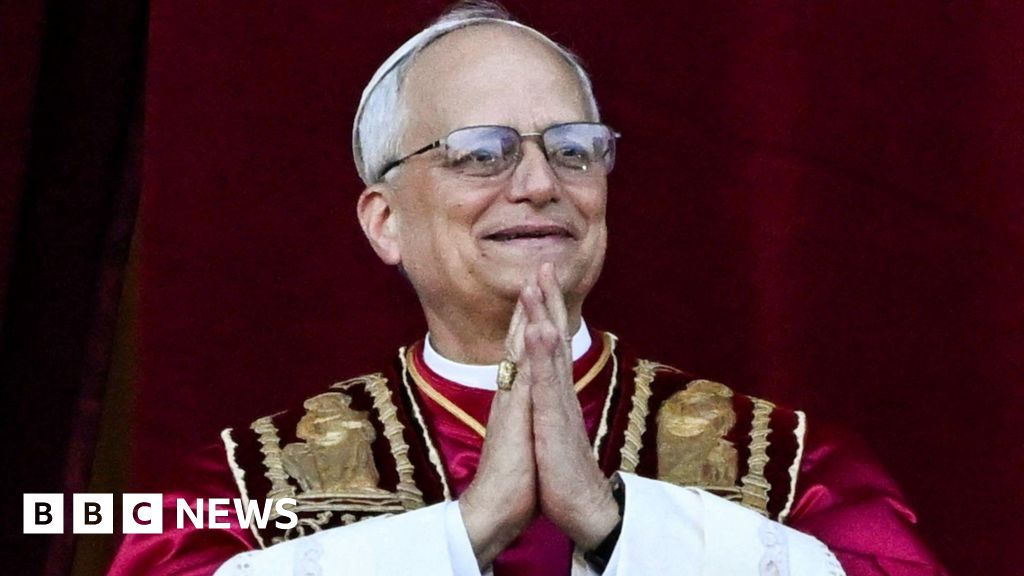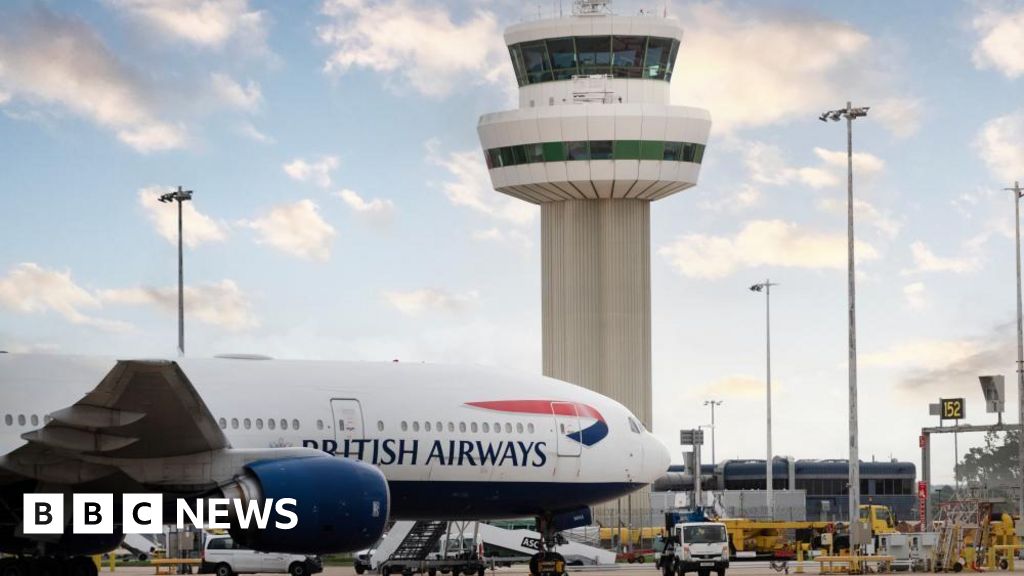Vanessa clarke
Education correspondent
Reporting fromRoyal Courts of Justice
The government's policy of adding VAT to private school fees will "interfere with the fundamental right to education", the High Court has heard.
In front of a packed court room, with headteachers and students in school uniforms listening from the public gallery, Lord David Pannick KC, argued the policy is discriminatory.
The legal challenge is being brought by families who say their needs "cannot be adequately met in the state sector" including those who have children with special educational needs and disabilities (SEND) and pupils at faith schools.
Barristers for the government are expected to defend the policy on Wednesday by saying it would raise money and standards in the state sector.
VAT on private school fees was introduced on 1 January across the UK.
Lord Pannick, one of the country's leading barristers in cases relating to government decisions, said the families he is representing "are not wealthy".
Two of the claimants have no alternative schools in their area to meet the needs of their children who have SEND, the court heard.
Another family sent their child to a single sex independent primary school after they experienced "harassment" in their previous co-educational school.
Lord Pannick argued that adding VAT to their fees impedes their right to access education and the policy is "unprecedented" in all other Council of Europe states.
Around a quarter of families affected by the VAT changes fall within the poorest 20% of the population, and the policy has been brought in "irrespective of the needs of the child" or of the ability of the family to pay, he told the court.
Lord Pannick is leading the challenge for the Independent Schools Council (ISC) which represents more than 1,400 private schools. There are two further claims also being heard by a group of faith schools and the parent-led group Education not Discrimination.
They are seeking a declaration of incompatibility with Article 2 of the First Protocol of the European Convention of Human Rights, which is the right to education, and that the policy is also discriminatory.
It is "not good enough" for the government to say "it has been debated in Parliament" and will "raise revenue", Lord Pannick argued, stating that the policy needed stricter scrutiny.
Barristers representing Chancellor Rachel Reeves, along with HMRC and the Department for Education (DfE), are due to give their side of the case on Wednesday.
In his written submission, Sir James Eadie KC, representing the government, said parents wishing to opt out of "universally accessible state-funded education" are free to choose "any private education for their child that they can afford", or they can "educate their child at home".
Sir James will argue that taxes, minimum wage laws and national insurance, which all affect the cost of private school fees, do not interfere with "with freedom to offer or receive private education."
SEND pupils who have an education, health and care plan which names a private school have their fees paid for by their local council.
Sophie Kemp from the law firm Kingsley Napley is representing the ISC families and told the BBC: "It's particularly difficult for those who may have SEND and/or religious convictions where the state can't meet those needs."
She added: "For example children with very complex needs have had many failed placements, including in the state sector, and then that leaves them in a difficult position because their educational needs cannot necessarily be met by going to the state sector, and that's how the policy has a discriminatory impact on children with those types of needs."
Speaking outside court, Caroline Santer, headteacher at the King's School in Hampshire, said she was hopeful the review would change things as they had a "strong argument".
Ms Santer said the primary school, where fees start at £7,258, charges less than it costs the government to put a child in state school "saving the government a lot of money".
She added: "Parents are already struggling with fairly reasonable fees – now 20% on top does seem an affront to human rights."
The hearing is set to last for three days and is being held before three judges.

 1 month ago
54
1 month ago
54


